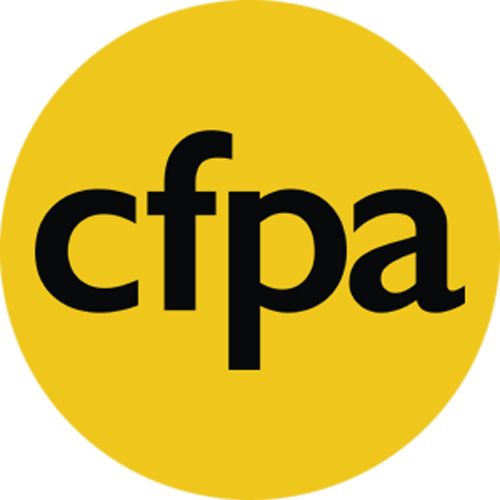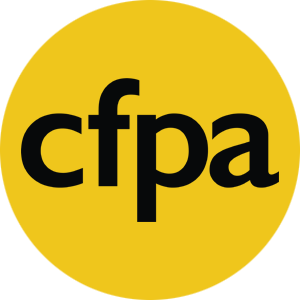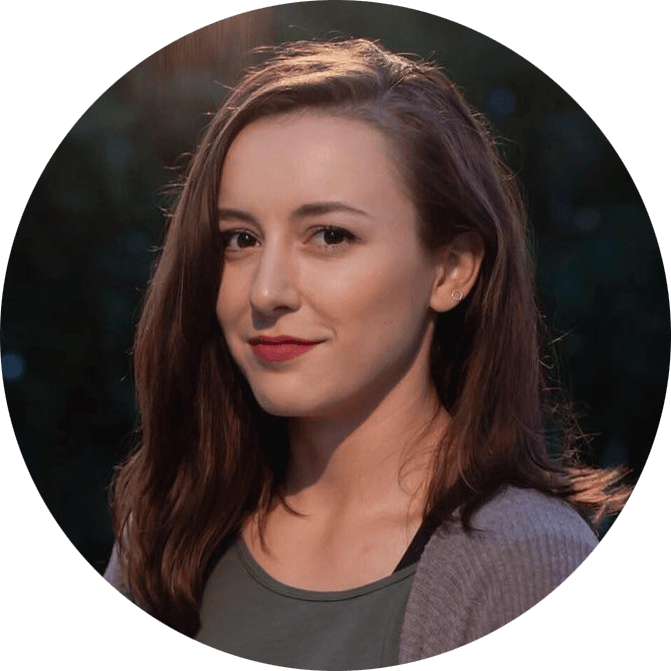CFPA offers artists space and time to develop work.
Artist residencies reflect our commitment to ongoing creative development, offering performing artists space, mentorship, and community to create and present with.
big picture
Residencies encourage artists to experiment, taking radical risks with mentor and community input. We approach each resident with openness, supporting them with rigor and without agenda.
Residencies are structured to: (1) spark engagement among performing arts, artists, and audiences, (2) develop artists at all career stages, (3) build relationships across artists, disciplines, identities, and experiences, and (4) illuminate performance in the center and margins of our community.
For 25 years, CFPA has hosted residencies. In 2023, CFPA is sponsoring up to 3 artists to create site specific works for presentation Sept 23rd as part of its 100 year anniversary celebration.
New Works Residency
Begin a new project or process.
Works in Process Residency
Grow a project already in development.
Custom Residency
Creating in a different way?
Contact us.
particulars
Open to Twin Cities performance-based artists (theater, dance, visual art, music, film, performative installation, new media), residencies support intense development by providing: (1) space, (2) mentorship with a professional, and (3) public presentations.
The selection process is competitive and driven by the artist’s proposal, its achievability, work sample quality, and project alignment with the Performance Collective’s goals. Artists at all career stages are encouraged to participate.
1. mentor
Residents are connected with professionals who align with their proposals in ways that directly advance process. These mentors engage feedback, consult in shaping an excerpt for public presentation, and facilitate the conversation following presentations.
Twice per residency, mentors and Performance Collective staff assemble to discuss the residents’ development. Mentors are paid a modest stipend.
2. rehearse
A significant challenge for artists developing work is access to space. Residents are provided four free hours weekly of rehearsal space, over the course of two months, in the Sunroom or Chapel as available.
3. reflect
Residents examine their process via public reflections. These may be videos, essays, images, research presentations—whatever best illuminates the process.
4. present
The Performance Collective hosts two public presentations of each residency. These advance the residents’ work, and are intended to create a rich dialogue between residents, mentors, and audiences.
We strive to support a meaningful exchange about each project’s presentation and process.
5. converse
Audiences respond to resident-posed questions following public presentations, facilitated by the mentor. Artists practice deep listening while the mentors act as champions for the works.
Audience is essential to the make and meaning of performance work; conversation allows residents to orient themselves to audience in new ways.
6. integrate
Residencies allow the artist to integrate input from mentors, Performance Collective staff, and audiences throughout the residency period.
Public presentations are separated by one week, when artists can further develop their project, based on insights from the first presentation.
past resident artists
José A. Luis will continue work on Lunas, the third part of a series of dance works called, Chasing Moons. Lunas investigates the act of remembering purposefully, the weight of memory, the embodiment of text, and the paradoxes that emerge from the question: Can our re-creation of memories manifest an untrue version of ourselves?
2020-21 Works-in-Process / Mentor: Nora Montañez
Margaret Ogas is working iteratively to pursue connection with audience-witnesses in her solo performances. She is experimenting with humor and sarcasm to navigate her experience as a young, mixed-race Chicana woman, through movement, sound and text. Her work is built through investigations of sound, including recordings of her grandmother telling stories, pop culture references, vocal percussion, poetry, and academic text.
2020-21 Works-in-Process / Mentor: Cindy García
Kerry Parker and her collaborators built a site/season-specific dance that is a death ritual, exploring senescence and seasonal darkness as part of a personal cosmology. Kerry investigated the relationship between site, ritual, history, and movement in CFPA’s chapel over two years. This piece deeply revisits the history of the building, investing in the influences of winter.
2019 New Works / Mentor: Ruth MacKenzie
Morgan Holmes began 10 Hours of Rain Sounds, using YouTube beauty tutorials, endurance videos, music, and influencers to explore grief, healing, and re-establishing routine in the wake of trauma. She experimented livestreaming process, and with video genres like “get ready with me.” This was an extension of her work at Perspectives Theater, which creates space for marginalized stories, and reclamation of Queer/BIPOC bodies from “performing” pain.
2019 New Works / Mentor: Jessica Lopez Lyman
David Means composed Forward Observer with musician Tom Kanthak, centered on an infantry outpost in Vietnam and surgical hospital in Italy. “Two soldiers share a journey back to places of beauty and grace beset by war and trauma. One is a chief’s son, surgical assistant, and musician. The other is a radioman, architect, and storyteller. Together they weave a reminiscence of freedom and recovery amidst a tangle of destruction, injury and violence.”
2019 New Works / Mentor: Maureen Koelsch
Nora Montañez developed Sabor a Mi, a bilingual autobiographical survival story, started as part of the Anything But English series (Pangea World Theater/Patrick’s Cabaret), and furthered through Catalyst Arts’ PUSH Lab. In 2018, she used a grant to research in Peru. Nora integrated her research (and lessons on the cajón) to structure an interactive, bilingual, multimedia story experience, laying bare the human question: Where do I belong?
2019 Works-in-Process / Mentor: Jessica Lopez Lyman
Beth Ann Powers built a solo durational/endurance performance, devised as part of a larger collaborative piece (Superhero) performed 2018 at the Southern. In this piece, Beth excavated her personal relationship with mental illness and recovery, and investigated how durational/endurance performance can create space for an audience to find themselves in a piece, in ways that are both intimate and offer the audience agency/aegis.
2019 Works-in-Process / Mentor: Kira Obolensky
Alexandra Bodnarchuk developed The Nature of Cloth, a dance begun in a Cowles Center residency. At Cowles, Alexandra examined the human experience of shame and conformity through a series of focus-group workshops. At CFPA, she dug into innate animalistic behaviors and investigated ways to interrogate differing cultural narratives of shame and conformity, to build space for diverse audiences to experience themselves reflected in the work.
2019 Works-in-Process / Mentor: April Sellers
Nelle June Anderson‘s project focused on the intersection of her rigorous opera training and her art-pop heart. She sought “a place where these old and new styles can play and breathe together, overcoming differences of genre and origin to make a new, cohesive sound…What is the difference between being an interpreter of a work and a generator of a work?…What is necessary to make my art feel like it’s mine?”
2018 New Works / Mentor: Aby Wolf
Margo Gray created A/part, “an interactive performance exploring the trauma of being uprooted from your family and culture of origin, and compelled to conform to another way of life.” Built on experience creating interactive storytelling, “this piece is inspired by events in U.S. history such as American Indian boarding schools, the sunder of enslaved families, and the recent implementation of ‘tender age’ shelters for detained immigrant and refugee children.”
2018 New Works / Mentor: Essma Imady
Kat Purcell’s project took the Medieval morality play, The Castle of Perseverance, as a jumping-off point to explore “the intersections and conflicts between my bodily, corporeal identity and the world around me…With the use of interactive sculpture, dance, sourced interviews and stories of perseverance, I invite the audience first to the field, then into battle, and finally to the place where Mankind is born and meets his death: inside the Castle of Perseverance.”
2018 New Works / Mentor: Eleanor Savage
April Seller‘s Patriot Erector explored gender through the notion of patriotism. “Americans have not been so divided over politics and social mores since the Civil War. Our political state has sharpened frustrations amongst neighbors, families, and strangers. It’s my mission to present human stories and to ask the audience to question their relationship to the identities presented on stage.”
2018 Works-in-Process
Ben Swenson-Klatt examined the relationship of masculinity to violence. “Masculinity walks to another store, purchases a gun with his privilege and his desire for power. And he will walk again into another school, another church, another office. And he will take innocent lives again. But still the cycle will continue. This piece is my attempt at change. So come witness my body and together let us judge, debate, and question the reality of our country.”
2018 Works-in-Process
Emily Rose Duea explored identity after healing from trauma. “Know that after this performance or exploration or whatever you want to call it, there will be a community gathering and conversation. Know that you never need to out yourself as a survivor. Know that we can make mistakes and disagree and in that way we can heal. Love yourself and know you are not alone.”
2018 Works-in-Process















